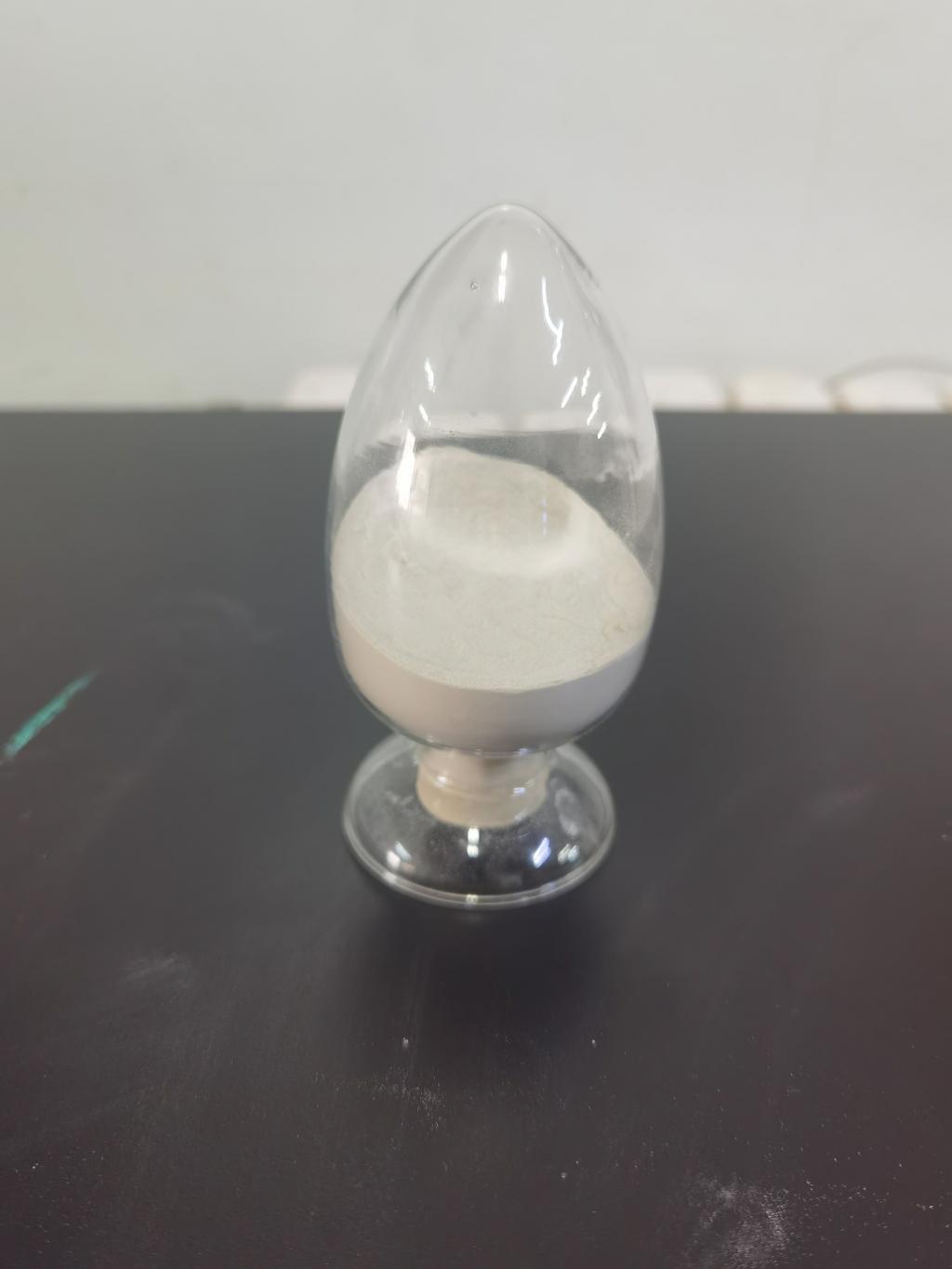Tel:0086 18231198596

News
Nisin contribution to sustainable food production.
TIME:2024-05-22
Sustainable food production is essential to meet the nutritional needs of a growing global population while minimizing environmental impact and preserving natural resources. Nisin, a natural antimicrobial peptide produced by certain strains of lactic acid bacteria, has gained recognition for its role in enhancing food safety and extending shelf life in various food products. In this article, we explore how Nisin contributes to sustainable food production by improving food safety, reducing food waste, and promoting environmentally friendly practices throughout the food supply chain.
2. Enhancing Food Safety
One of the primary contributions of Nisin to sustainable food production is its ability to enhance food safety by inhibiting the growth of pathogenic and spoilage microorganisms. By incorporating Nisin into food formulations, manufacturers can reduce the risk of microbial contamination and foodborne illnesses, thereby improving the overall safety and quality of food products. This not only protects consumer health but also reduces the need for chemical preservatives and synthetic additives, promoting a more sustainable approach to food production.
3. Extending Shelf Life
Nisin plays a key role in extending the shelf life of food products, thereby reducing food waste and minimizing the environmental impact of food production. Its antimicrobial properties inhibit the growth of spoilage microorganisms, slowing down the deterioration of food quality and freshness. As a result, food products containing Nisin remain safe and palatable for longer periods, reducing the likelihood of premature spoilage and disposal. This contributes to the sustainability of the food supply chain by optimizing resource utilization and reducing the carbon footprint associated with food waste disposal.
4. Reducing Food Waste
Food waste is a significant environmental and economic issue that contributes to greenhouse gas emissions, resource depletion, and landfill pollution. Nisin helps address this challenge by extending the shelf life of perishable food products and reducing the likelihood of spoilage and waste. By minimizing food waste at various stages of the supply chain, from production and processing to distribution and consumption, Nisin promotes resource efficiency and environmental sustainability. This not only conserves valuable resources but also reduces the environmental burden associated with food production and disposal.
5. Promoting Environmentally Friendly Practices
In addition to its direct contributions to food safety and shelf life extension, Nisin promotes environmentally friendly practices throughout the food production process. Its natural origin and biodegradability make it an attractive alternative to synthetic preservatives and chemical additives, aligning with consumer preferences for clean label and natural products. Furthermore, the use of Nisin in food production reduces the need for energy-intensive refrigeration and transportation, as longer shelf life reduces the frequency of product turnover and distribution. This contributes to overall energy savings and greenhouse gas emissions reduction, supporting sustainability goals across the food supply chain.
6. Challenges and Future Prospects
Despite its numerous benefits, the widespread adoption of Nisin in food production faces several challenges, including regulatory restrictions, cost considerations, and consumer acceptance. Future research efforts should focus on addressing these challenges and maximizing the sustainable benefits of Nisin in food production. This includes exploring innovative formulations and delivery systems, optimizing production processes, and conducting comprehensive lifecycle assessments to quantify the environmental impact of Nisin usage. By overcoming these challenges, we can further enhance the contribution of Nisin to sustainable food production and promote a more resilient and environmentally responsible food system.
7. Conclusion
Nisin offers significant potential to contribute to sustainable food production by enhancing food safety, extending shelf life, reducing food waste, and promoting environmentally friendly practices throughout the food supply chain. By harnessing the unique properties of Nisin and addressing existing challenges, we can maximize its sustainable benefits and help build a more resilient and sustainable food system for future generations.

 CONTACT
CONTACT




